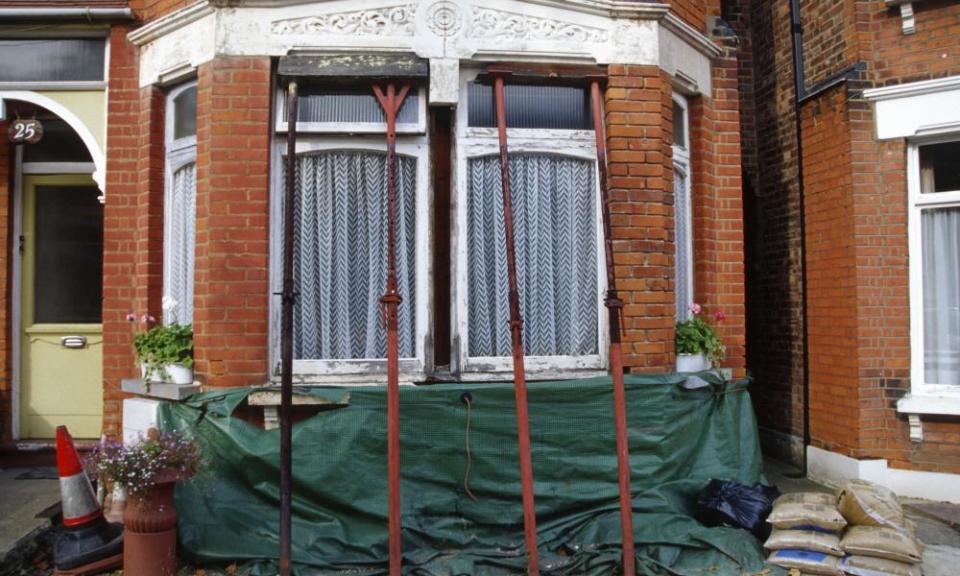I’ve got that sinking feeling over finding insurance for my flat

We had buildings insurance with LV= until it stopped offering subsidence cover for our flat, on which there had been two subsidence claims in the last 30 years. We therefore took out a policy with NBS, underwritten by Hiscox, but it informed us, shortly before it was due for renewal, it will no longer insure us. We have just over a week to find replacement cover but insurers often won’t take on new customers if their building has a subsidence history.
I was under the impression that companies were required by law to continue to provide cover to existing customers because of this, and it must be affecting many homeowners in north London where subsidence is widespread. The last subsidence claim for our flat was 2006 and nothing has happened since.
VW, London
Your property might not have changed, but the risk appetite of insurers has. Subsidence claims can be enormous, which is why increasing numbers of companies scarper at the mere mention of the word, even if claims are historic and the building has been underpinned. Unfortunately, it is a myth that firms have to continue insuring existing customers following a subsidence, although the Association of British Insurers expects members to maintain cover following a claim, provided it approved the repairs.
Your case is complicated as two claims were made through different insurers. NBS says it acts as a managing agent on behalf of a range of insurers with differing risk criteria. Hiscox, it says, withdrew as capacity provider for its non-standard household products, but your broker would have been told at least four weeks before your renewal. According to the British Insurance Brokers Association (BIBA), non-standard buildings insurance cover has, like London clay, subsided significantly because of large outlays following storms and flooding. However, BIBA’s “find insurance service” lists specialist brokers who may help.
Email your.problems@observer.co.uk. Include an address and phone number. Submission and publication are subject to our terms and conditions

 Yahoo Finance
Yahoo Finance 